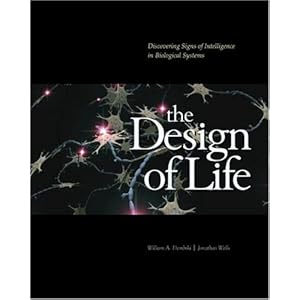Sunrise over the Dead Sea seen from Masada, Israel. Courtesy of Wikipedia.
I’ve written previously about Christopher Hitchens’ challenge: “Name one ethical statement made, or one ethical action performed, by a believer that could not have been uttered or done by a nonbeliever.” Professor Jerry Coyne has come up with a new challenge of his own: “Tell me exactly what ‘knowledge’ religion has provided that is not derivable from secular reason.”
I’d be happy to oblige. I’ll submit two statements. The first is known to everyone. The second is taken from Professor Coyne’s own blog.
1. The sun will rise tomorrow.
2. Killing an unarmed man who does not resist arrest in a way that endangers his captors is murder and therefore wrong, even if that man happens to be Osama bin Laden.
For the record, I think Professor Coyne is right about the second statement, and I applaud his courage for making it. While I’m quite sure that Osama bin Laden got his just deserts, he should have also gotten a trial, if it was possible to capture him alive.
Now, Professor Coyne seems to be quite sure about the second statement, so I presume he would count it as “knowledge.” So my reply to Professor Coyne’s challenge is: can you derive either of the above two statements from secular reason?
Read More ›




